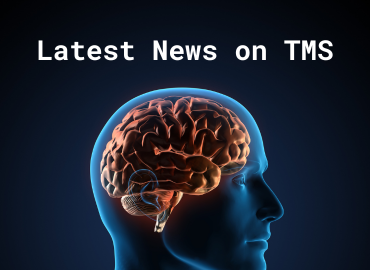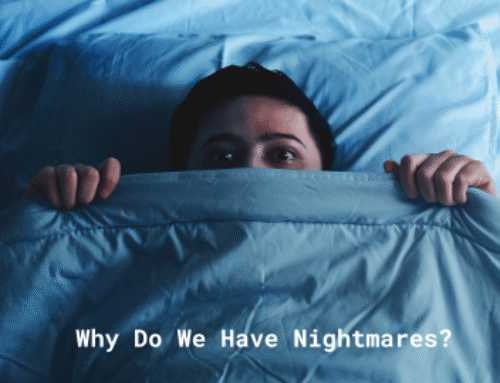Latest News on TMS
We’ve shared news about transcranial magnetic stimulation (TMS) before in this post and this post, and we’re excited that there’s more coming out. Today we’ve got the latest news as of April 2024.
There is a new type of TMS called deep transcranial magnetic stimulation, or DTMS. It is based on repetitive TMS. The deeper penetration of the pulses is showing promising results for disorders like:
− Aphasia
− Schizophrenia
− Alzheimer’s disease
− Parkinson’s disease
The objective of TMS is to provide relief and if possible, remission of treatment resistant depression. A new clinical trial known as BRIGhTMIND, shows that MRI-guided TMS provides significant relief to sufferers of depression for at least six months. This is a great advancement over previous results that lasted one to three months. The precision of magnetic resonance imaging (MRI) may be the key to longer-lasting improvement in cognitive function. This opens up the possibility of patients achieving a better quality of life with only a couple treatments a year.
From 2009 to 2022, researchers from the Neuromodulation Division of UCLA’s Semel Institute studied the effects of repetitive transcranial magnetic stimulation (rTMS) on patients. The study found that 54% of patients exhibited at least a 50% improvement in mood symptoms when examined using multiple depression rating scales. This treatment may work even faster than previous studies have found, maybe even lessening symptoms within a week.
TMS is helping to advance the study of hypnotherapy. The TMS coil application is often concentrated on the area of the scalp over the dorsolateral prefrontal cortex. Dr. David Spiegel, a professor of psychiatry, led a study that used brain imaging to look at the neurobiology of hypnosis. They found that people who responded best to hypnotherapy had higher functionality between the left dorsolateral prefrontal cortex and the dorsal anterior cingulate cortex. Half of the participants in the study received TMS over those cortices, and they showed a significant increase in hypnotizability, with the sham group showing no greater effect.
Hypnotherapy can be useful for:
− Ending habits like smoking
− Controlling pain
− Controlling stress
In 2018, TMS got United States regulatory clearance for sufferers of obsessive-compulsive disorder, and in 2020, TMS got approval to help cigarette smokers quit their habit. And, as of February 2024, TMS used with brain imaging during the treatment has achieved remission rates of close to 80% in trials.
Data published in the Psychiatric Times indicates that neuromodulation treatments could be used not
only to improve symptoms of schizophrenia and to help patients stop smoking, but also to provide relief for sufferers of long COVID.
We’re always watching for scientific advancements that can help us lead our patients to a better quality of life. We’ve chosen to use the NeuroStar brand of TMS equipment for that reason. For more
information about our methods and services, write to us on our website, or call (585) 442-6960.




